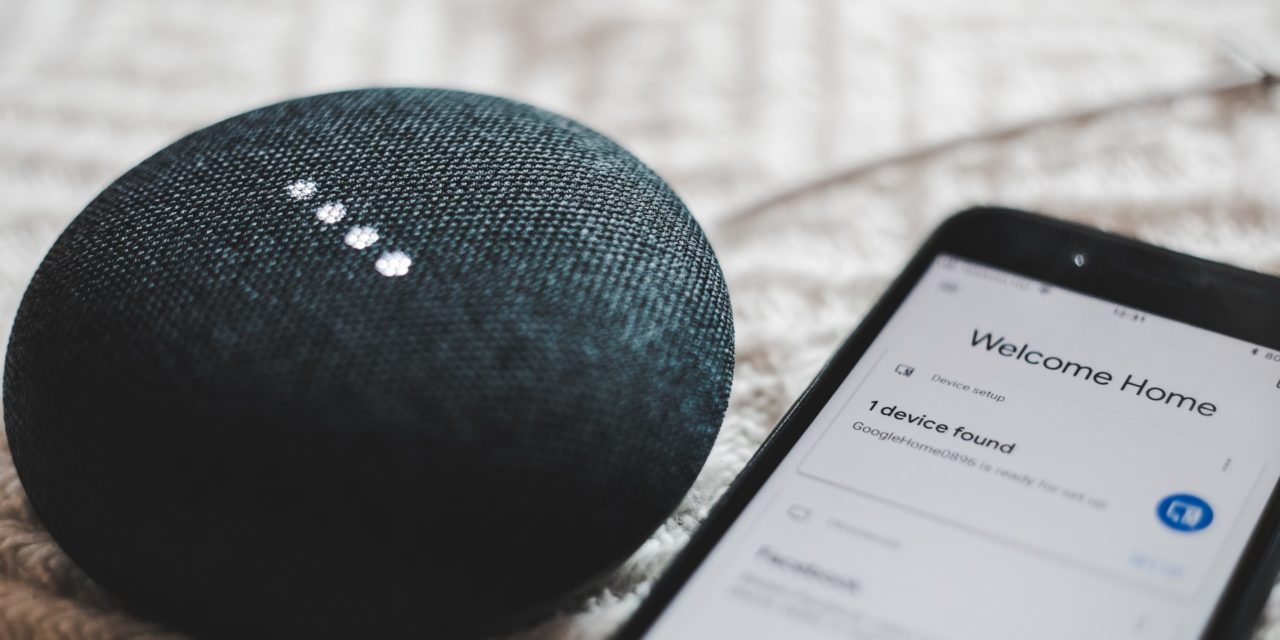[ad_1]
Energy saving projects in the home or office need not be expensive or time consuming. Some free and low cost initiatives can immediately start reducing the costs of your lighting, heating and cooling bills and help the environment. But where do you start?
First, simple habit changes with no financial cost can help you start to save energy immediately. These include turning off lights when not needed, turning down thermostat and closing window shades at night in the winter and rinsing clothes in cold water. Other low cost measures include installing drought excluders from doors, windows and letter box, sealing cracks and insulating water tank and pipes.
You can invest in low cost energy saving products and gadgets including:
Energy Saving Bulbs
We are running out of excuses for not investing in energy saving bulbs. They use up to 80 per cent less electricity, save up to £60 in electricity over their lifetime, produce the same amount of light and there are now stylish energy saving equivalents to most standard bulbs.
Remote Control Sockets.
Leaving home entertainment equipment (stereos, TV's, Satellite receivers, PC's, printers etc) on standby can easily cost up to £65 annually. If you can't be bothered going round switching everything off a remote control socket will remove multiple items from standby.
Smart Meter
One great way to save energy is to simply keep an eye on energy consumption cost constantly. This can be done by keeping an energy monitor somewhere prominent in the room. The smart meter will show you the cost in real time leading to better understanding where costs can be saved.
Dryer Balls
Tumble dryers are notoriously expensive to run, but by using Dryer balls you can reduce drying time by 25%.
Energy efficient Kettles
Revolutionary new kettles can save 65% energy and heat water in just 3 seconds.
Shower Timer
A shower timer will reduce the time you spend in the shower and save on your water and energy bill.
You should also select energy efficient appliances when replacing white goods, entertainment equipment, room heaters and air conditioners. Most white goods sold in UK now have an EU Energy Label showing energy efficiency classes and some also have energy saving trust recommended label.
In the long term you should consider investing in high cost energy saving projects. This includes replacing windows, installing loft and cavity insulation and replacing heating and cooling systems. You can also consider installing solar electric and water heating systems and wind generator. Some, like insulation, also have government grants of up to 100% so it is worth while investigating.
[ad_2]
Source by Eric Filter

